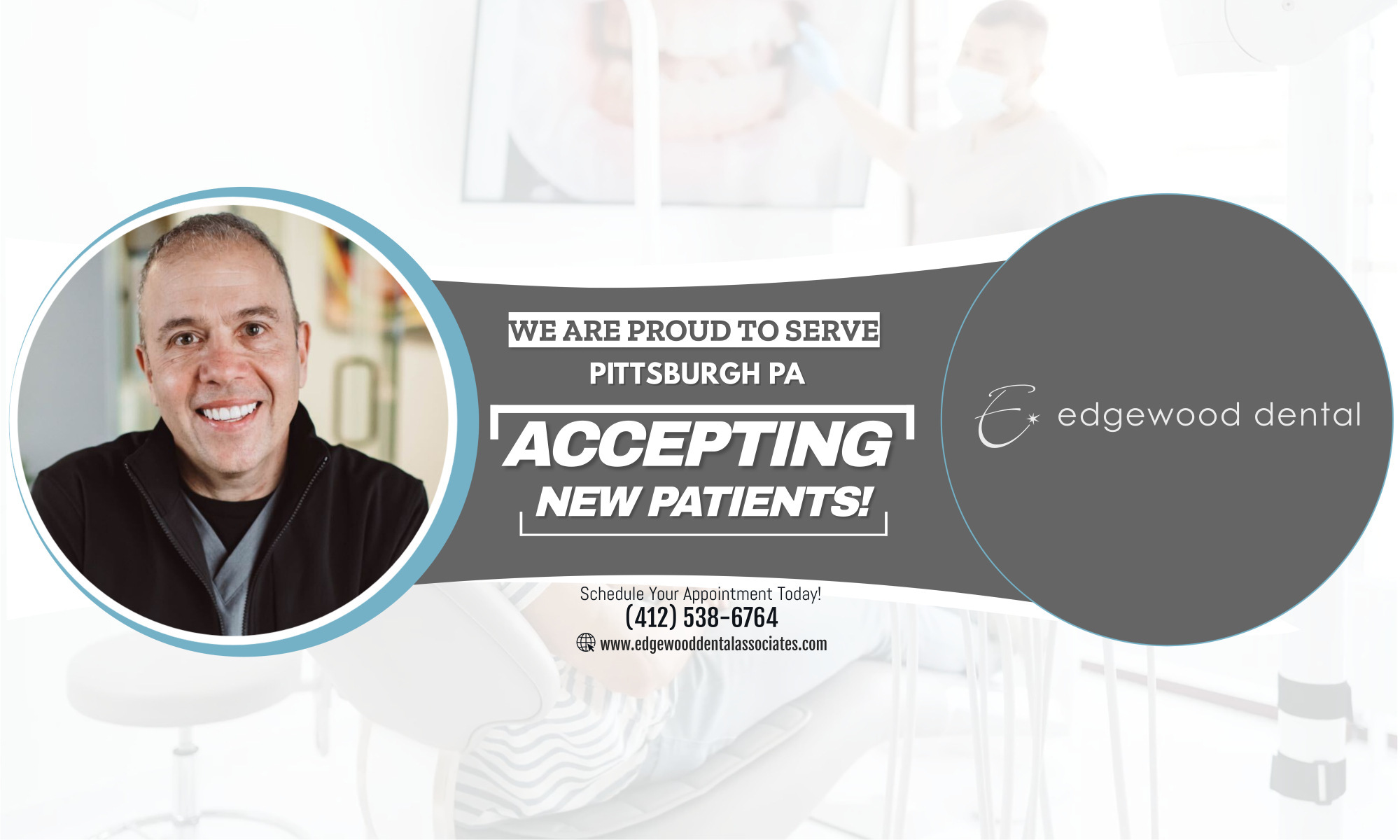You’ve probably heard people talking about plaque and maybe you’ve some idea of what it is.
But it’s useful to know a bit more about it so that you can do what’s necessary to minimize the risks.
Plaque is a sticky film of bacteria that forms on teeth and gums.
When you’ve eaten a meal or snack, the bacteria in plaque release acids that attack tooth enamel. When this happens regularly, the enamel can weaken. This eventually leads to tooth decay.
The food we eat often causes plaque bacteria to produce acids. So, if you eat a lot of snacks, your teeth may be suffering acid attacks all day.
If you don’t remove the plaque through effective daily brushing and cleaning between the teeth, it can eventually harden into calculus or tartar.
Another effect of plaque is that it also produces substances that irritate the gums, making them red and tender or causing them to bleed easily.
If you want to prevent tooth decay and gum disease, make sure you have a balanced diet and avoid having too many snacks between meals.
When you feel like a snack, go for foods such as raw vegetables, plain yogurt, cheese or a piece of fruit.
